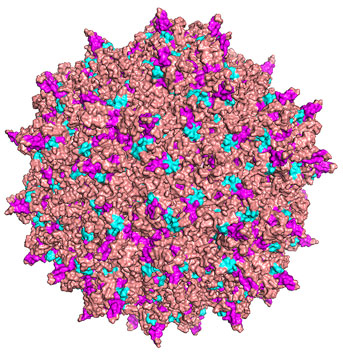A paper published in June raised questions over the future health of the world's first gene-edited babies. However, it has been now retracted by the scientists after they found out there were key errors which might have affected the conclusion.
The study suggested at that time that people with "two copies of a natural genetic mutation that confers HIV resistance" will be at greater risk of dying early than other people.
This study was conducted after the controversial experiments conducted by Chinese scientist He Jiankui, who tried to recreate the effects of this mutation in the gene CCR5 with the help of the gene-editing tool, CRISPR, in human embryos.
Last year, the twin girls born as a result of the work did not carry the exact mutation, but still the study gained attention because of the relevance it has to such experiments.

However, a number of studies that took place analysing new data from genome databases which comprise sequences from hundreds of thousands of people found no evidence that people with mutation die earlier than other people.
The error in the study about CCR5 was caused because of technical errors of trying to find out how mutation was identified in a population-health database. Rasmus Nielsen, who led the study and is a population geneticist at the University of California retracted the paper on October 8 and said, "I feel I have a responsibility to put the record straight for the public."
Interestingly, Nielsen also co-authored one of the papers rebutting its findings, as mentioned by Nature. Questions over the conclusion of the study started soon after its publication.

Reportedly, an epidemiologist at the University of Bristol, UK, Sean Harrison, tried to replicate the findings and did not have UK Biobank data which was used by Nielsen and his Berkeley colleague, Xinzhu Wei, used for the study.
So, he analysed the genetic variants which were near it on the genome and it should have come up with the same result but they didn't. He shared his findings in a series of tweets and also later in a blog post.








